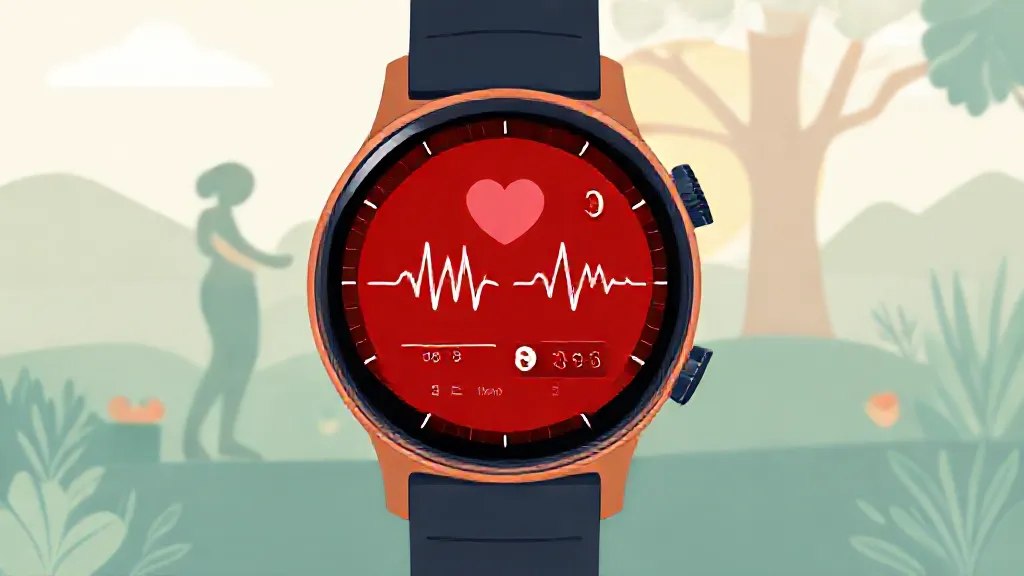In recent years, smart watches have emerged as powerful tools for monitoring heart health, integrating advanced technology to provide users with valuable insights into their cardiovascular well-being. These devices utilize a combination of sensors, algorithms, and user-friendly interfaces to track various heart-related metrics, making them essential in proactive health management.
The Technology Behind Heart Rate Monitoring
At the core of heart health monitoring in smart watches is photoplethysmography (PPG), a technology that detects blood volume changes in the microvascular bed of tissue.
Smart watches equipped with optical sensors emit light onto the skin and measure the amount of light that is reflected back. This data allows the device to calculate heart rate by detecting the pulsatile nature of blood flow. The accuracy of these readings has improved significantly with advancements in sensor technology, making them comparable to traditional heart rate monitors used in clinical settings.
Beyond Heart Rate: Comprehensive Health Metrics
While heart rate monitoring is a fundamental feature, smart watches can provide a comprehensive view of heart health by tracking additional metrics such as heart rate variability (HRV), oxygen saturation (SpO2), and even electrocardiogram (ECG) readings. HRV is an important indicator of autonomic nervous system function and overall heart health, while SpO2 levels can indicate respiratory and cardiovascular efficiency. Some smart watches now offer ECG capabilities, allowing users to detect irregular heart rhythms, such as atrial fibrillation, which can lead to serious complications if left untreated.
Real-Time Alerts and Health Insights
One of the most significant advantages of smart watches is their ability to provide real-time alerts for abnormal heart activity. Users can receive notifications for elevated heart rates, irregular rhythms, or low SpO2 levels, prompting them to seek medical attention if necessary. This immediate feedback can be life-saving, as it encourages proactive health management and timely interventions, particularly for individuals with pre-existing heart conditions or those at risk.
Integration with Health Apps and Data Sharing
Smart watches often integrate seamlessly with health and fitness applications, allowing users to track their heart health over time. By aggregating data from various sources, these applications can provide personalized insights, trends, and recommendations. Furthermore, users can share their health data with healthcare providers, enabling better-informed decisions and tailored treatment plans.
This collaborative approach fosters a more engaged and informed patient experience.
The Role of Machine Learning and AI
The incorporation of machine learning and artificial intelligence into smart watch technology is enhancing the accuracy and predictive capabilities of heart health monitoring. Algorithms can analyze historical data to identify patterns and predict potential health issues before they arise.
This predictive analytics approach not only empowers users to take control of their health but also supports healthcare professionals in delivering proactive care.
Challenges and Limitations
Despite the advancements in smart watch technology, there are challenges and limitations to consider. Factors such as skin tone, movement, and the position of the watch can affect the accuracy of heart rate readings.
Additionally, while smart watches can provide valuable information, they should not replace professional medical advice or diagnostic tools. Users must remain vigilant and consult healthcare professionals when necessary.
Future Trends in Smart Watch Technology
The future of smart watch technology in heart health monitoring looks promising, with ongoing research and development focusing on enhancing sensor accuracy, expanding the range of detectable metrics, and improving user interfaces.
Innovations such as continuous glucose monitoring and advanced sleep tracking are on the horizon, further solidifying the role of smart watches as comprehensive health management tools.
Conclusion: Empowering Users for Better Heart Health
In conclusion, smart watches are revolutionizing the way individuals monitor their heart health, providing real-time insights, alerts, and comprehensive data tracking. As technology continues to evolve, these devices will play an increasingly vital role in promoting proactive health management and empowering users to take charge of their cardiovascular well-being.
By understanding the capabilities and limitations of smart watches, users can make informed decisions about their health and wellness.
